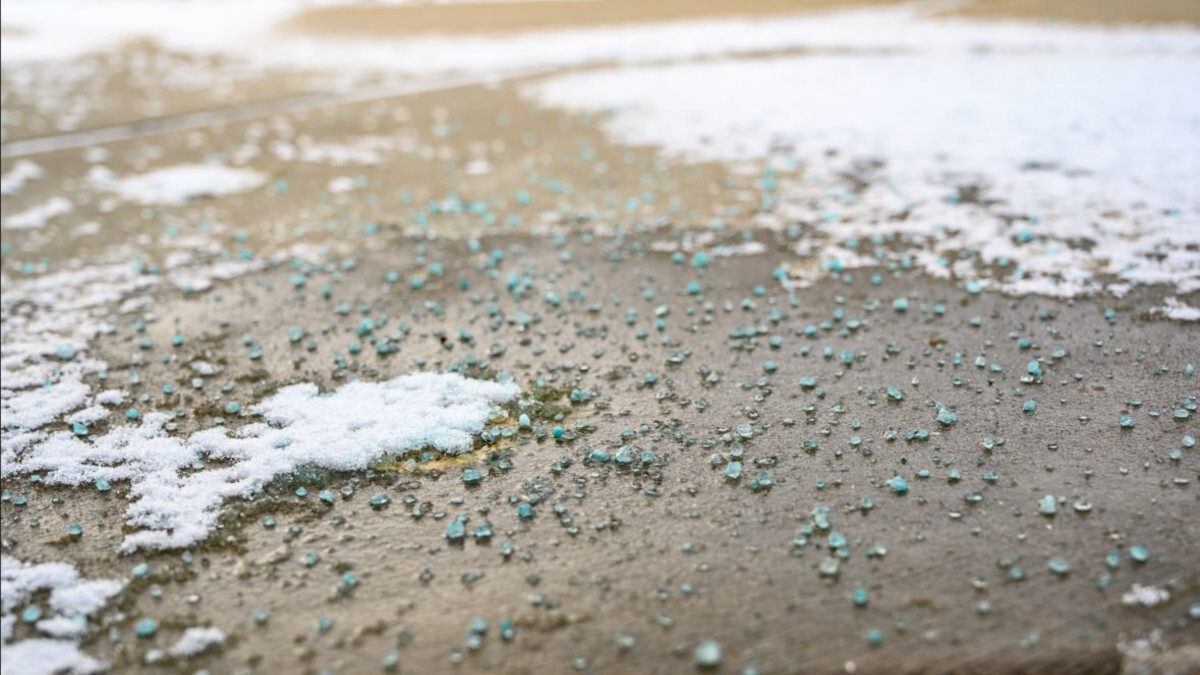Road salt can have a negative impact on the state’s drinking water, pets and freshwater ecosystem. | Wisconsin DNR Twitter
Road salt can have a negative impact on the state’s drinking water, pets and freshwater ecosystem. | Wisconsin DNR Twitter
The abundance of snow that fell on the state necessitated the need to salt the roads and sidewalks, however it created another problem.
Allison Madison from Wisconsin Salt Wise told TMJ4 that the excess of salt on the roads and sidewalks is impacting the water supply.
"Our lakes and our streams and even our groundwater, which is drinking water for a lot of Wisconsinites, is getting salty," she said while adding that people can utilize roughly 10 ounces of salt (a cup of salt) for 10 sidewalk squares or 20 feet of driveway.
According to the news station, the City of Milwaukee utilized 35,182 tons of salt last winter.
Chlorine levels in water for 2021 are six times higher than what is permissible for acutely toxic levels, which can severely threaten animal and plant life, according to TMJ4.
Madison added that when the weather gets warmer and the snow melts, there is a spike in salt sodium chloride into the water system.
"It's either moving into the groundwater and then into streams or going from sidewalks and streets into storm sewers directly into our surface water," she said.
When lakes and streams are filled with salt it enhances the risk of big algae blooms in the summer, according to the news station.
Additionally, salt can corrode vehicles and damage bridges, parking garages, railroads and other municipal transportation infrastructures with an estimated impact on the highway and automobile sectors of $3.5 to $7 billion annually in the country, according to Bridgestone.
While road salt is here to stay for the foreseeable future, “researchers are still working on the development of methods that reduce overall quantities of road salt, which could mean mega benefits for our vehicles and the environment,” according to Bridgestone. “However, a day where we are no longer reliant on salt to clear icy roadways is far off.”
Rock salt does not go bad so anyone that wants to throw leftover rock salt can do so in a trash can, according to Hunker.






 Alerts Sign-up
Alerts Sign-up